Soumyadeep Debnath
A Supervised Machine Learning Approach for Sequence Based Protein-protein Interaction (PPI) Prediction
Mar 27, 2022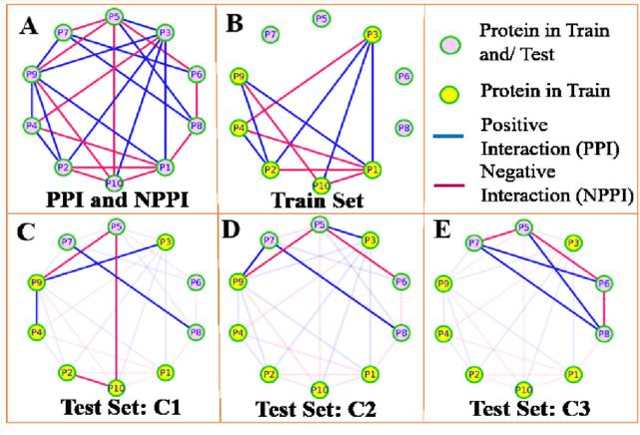

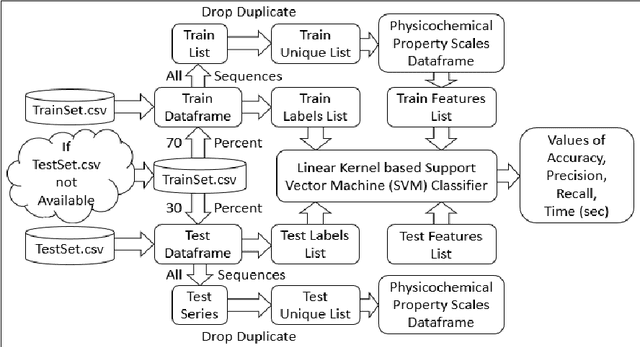

Abstract:Computational protein-protein interaction (PPI) prediction techniques can contribute greatly in reducing time, cost and false-positive interactions compared to experimental approaches. Sequence is one of the key and primary information of proteins that plays a crucial role in PPI prediction. Several machine learning approaches have been applied to exploit the characteristics of PPI datasets. However, these datasets greatly influence the performance of predicting models. So, care should be taken on both dataset curation as well as design of predictive models. Here, we have described our submitted solution with the results of the SeqPIP competition whose objective was to develop comprehensive PPI predictive models from sequence information with high-quality bias-free interaction datasets. A training set of 2000 positive and 2000 negative interactions with sequences was given to us. Our method was evaluated with three independent high-quality interaction test datasets and with other competitors solutions.
Identifying Land Patterns from Satellite Imagery in Amazon Rainforest using Deep Learning
Sep 02, 2018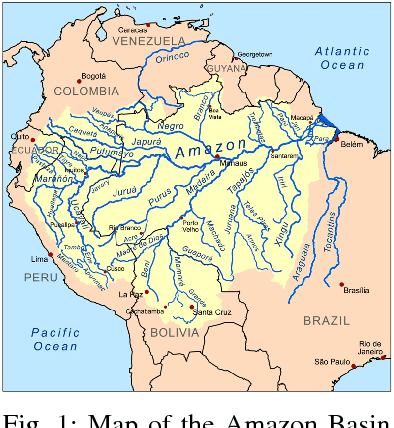
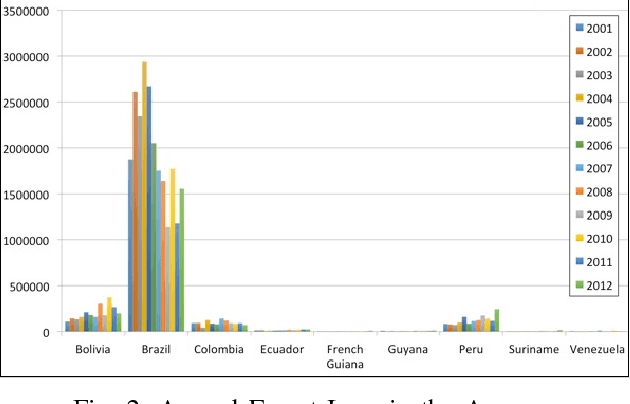
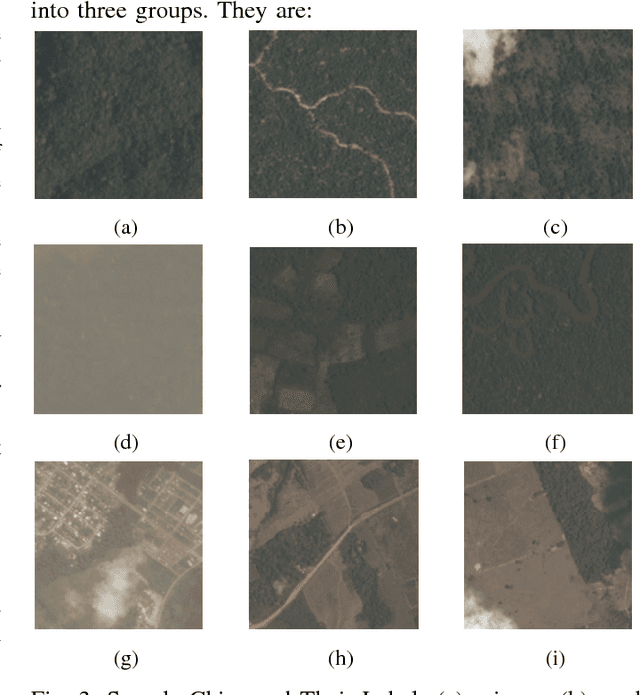
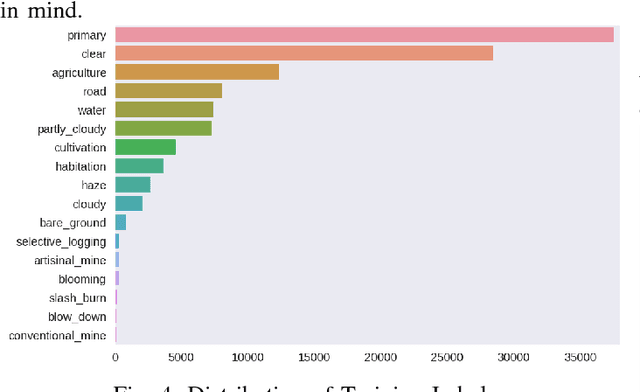
Abstract:The Amazon rainforests have been suffering widespread damage, both via natural and artificial means. Every minute, it is estimated that the world loses forest cover the size of 48 football fields. Deforestation in the Amazon rainforest has led to drastically reduced biodiversity, loss of habitat, climate change, and other biological losses. In this respect, it has become essential to track how the nature of these forests change over time. Image classification using deep learning can help speed up this process by removing the manual task of classifying each image. Here, it is shown how convolutional neural networks can be used to track changes in land patterns in the Amazon rainforests. In this work, a testing accuracy of 96.71% was obtained. This can help governments and other agencies to track changes in land patterns more effectively and accurately.
 Add to Chrome
Add to Chrome Add to Firefox
Add to Firefox Add to Edge
Add to Edge